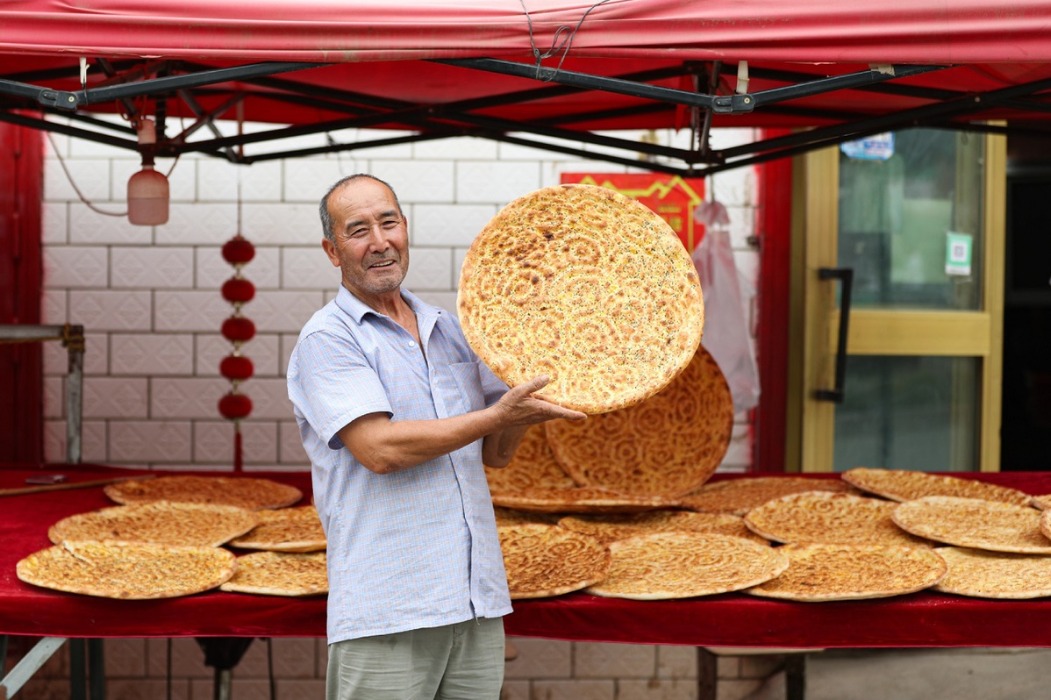Q&A: Key things to know about DNA editing


What is gene editing?
It's a technology that lets scientists alter the DNA of living cells from living organisms. Recent advancements allow more precise editing than ever before. It's like a biological cut-and-paste program: An enzyme, acting like molecular scissors, snips a section of a gene. Scientists can then delete, repair or replace it.
How is it used?
Researchers routinely use gene editing tools in labs to study diseases in cells. They may alter crop species and food animals to produce better yields. But in humans, gene editing remains experimental. One study-a first in humans-is testing the intravenous infusion of gene-altering ingredients to fight a killer metabolic disease. Other researchers are developing ways to edit the genes of damaged cells and return them, repaired, into patients with sickle cell blood disease and other disorders. Unlike the procedure announced on Monday, none of those experiments would alter DNA in a way that patients might be able to pass an altered trait to their children.
What did the Chinese scientist do?
Chinese researcher He Jiankui said he used the gene-editing tool CRISPR to alter a gene called CCR5 in embryos for seven couples during their fertility treatments. One pregnancy resulted. A particular mutation in the CCR5 gene is thought to confer some resistance to HIV by making it harder for the virus to enter cells. Today's medications have turned HIV from a death sentence into a manageable disease in much of the world, but He said he chose that particular gene because HIV remains a big problem in China. His claims have not been verified by independent scientists, and there are questions about how the work was conducted.
Why is Monday's news so controversial?
Altering genes in sperm, eggs or embryos means those changes may be passed down to future generations of people. Plus, long-term negative effects might not become apparent for years.
In 2017, the US National Academies of Science, Engineering and Medicine said that lab-only research to learn how to alter embryos is ethical but said it's not ready for pregnancies yet. The academy said if that is ever allowed, it should be reserved to treat or prevent serious diseases with no good alternatives. Such lab-only research is ongoing in various parts of the world.
But critics said that Monday's announcement opens the door to "designer babies".
"If this goes unchallenged, other rogue actors will soon offer wealthy parents purported genetic enhancements for their children," said Marcy Darnovsky of the Center for Genetics and Society.
What happened to the babies?
No independent outsiders know the answer to this question yet, which is partly why scientists are so disturbed.
He, the Chinese researcher, said one twin had both copies of the intended gene altered while the other had just one altered. People with one copy of the mutation can still get HIV.
Scientists who reviewed his claims said the alterations are not an exact match to natural CCR5 mutations, and that a big question is whether the gene is altered in every cell.
The particular method used is common in lab research but not precise or controlled enough for embryos, said Columbia University cell biologist Dietrich Egli, who called it "essentially genome vandalism".
What are the dangers?
The biggest concern is precision, or lack of it. Unintended mutations could harm health rather than help it.
Is gene-editing for pregnancy legal?
Where you live determines whether research can be performed on human embryos-or what kind of research. In the United States, scientists can perform laboratory embryo research only using private funding, not with federal taxpayer money. Any pregnancy attempt would require permission from the Food and Drug Administration, which is currently prohibited by Congress from even reviewing such a request-a de facto ban.
In China, there are several regulations on such research. A guideline released jointly by the Ministry of Science and Technology and the previous Ministry of Health-the current National Health Commission-in 2003 stipulates that a modified embryo should live no longer than 14 days after the experiment is conducted and it should not be implanted into any human or animal reproductive systems.
Are there other ways to prevent inherited diseases?
People undergoing fertility treatments, including IVF, can have embryos tested for deadly gene mutations that run in the family, such as Huntington's disease, and then implant only the embryos that lack such mutations. Also, some mitochondrial disorders can be addressed by using some genetic material from a mother and some from a donor egg, along with the father's sperm.






































